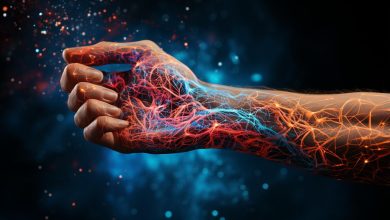Essential Vitamins and Minerals for Runners
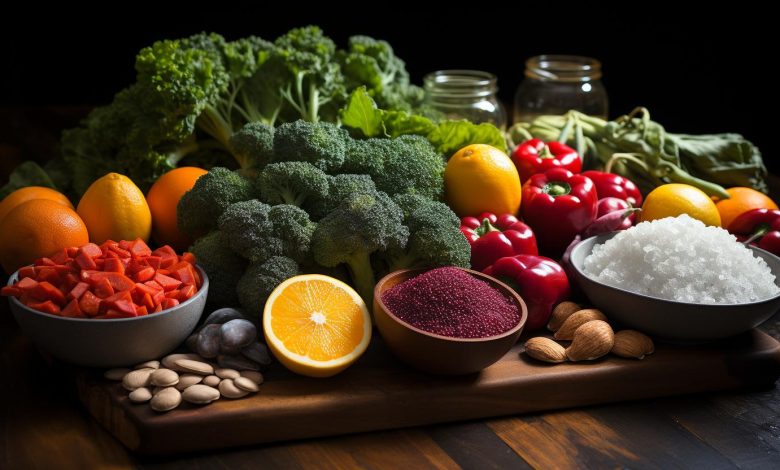
Are you a runner looking to enhance your performance and stay at the top of your game? Look no further!
In this article, we will explore the essential vitamins and minerals that can power up your running routine. From the importance of Vitamin C for recovery to the key role of Vitamin D in bone health, we’ve got you covered.
Discover how essential B vitamins fuel your energy and endurance, while iron boosts your overall performance.
Don’t miss out on these vital nutrients – let’s dive in!
The Importance of Vitamin C for Runners
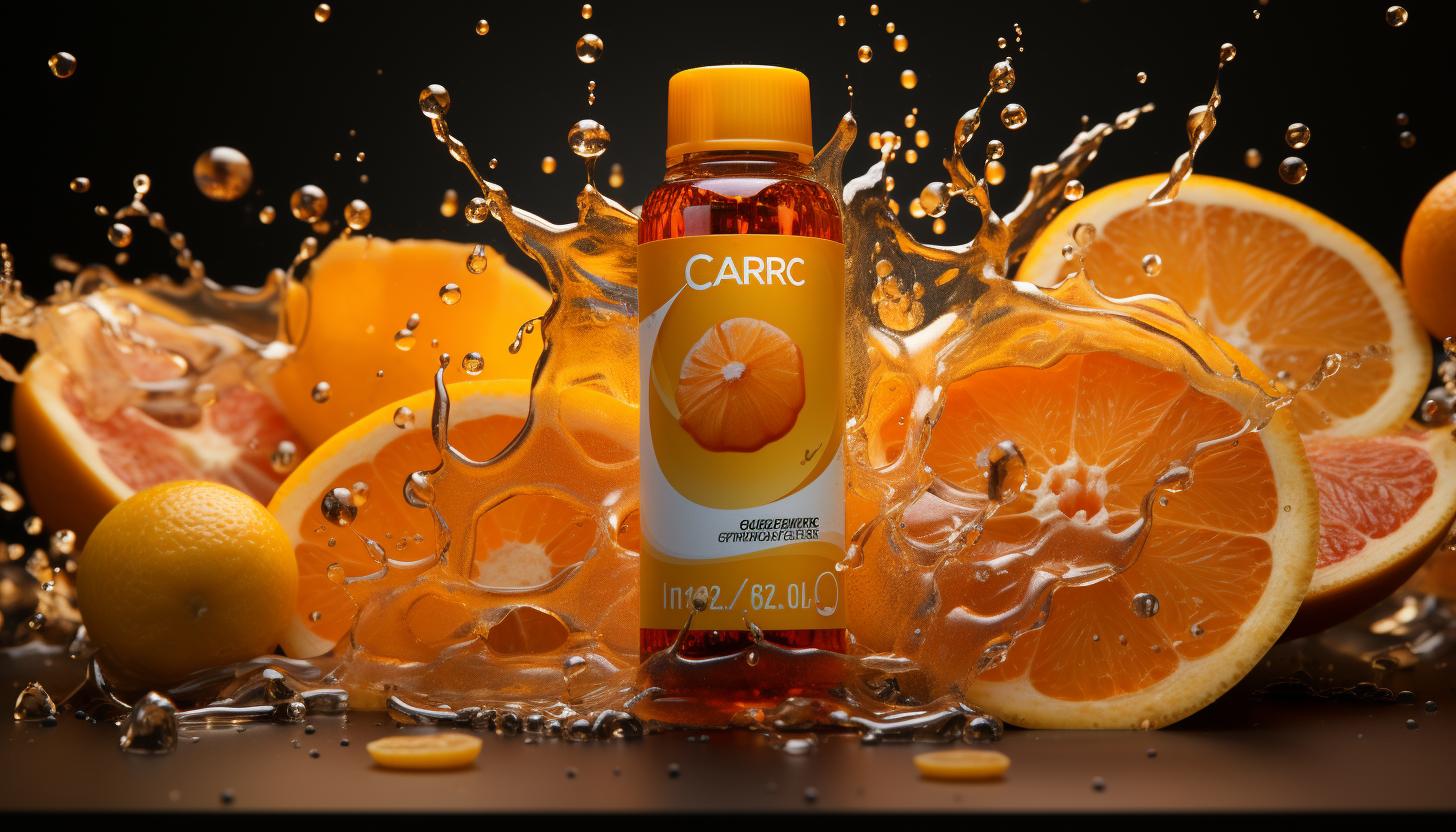
You need to make sure you’re getting enough vitamin C as a runner because it plays a crucial role in supporting your immune system and aiding in muscle recovery. When you engage in intense physical activity like running, your body undergoes stress, which can weaken your immune system.
Vitamin C is known for its powerful antioxidant properties that help protect your cells from damage caused by free radicals produced during exercise. It also supports the production of collagen, which is essential for healthy connective tissues and joint health.
In addition to its immune-boosting benefits, vitamin C is vital for muscle recovery after intense workouts. It aids in the synthesis of carnitine, a compound that helps transport fatty acids into the mitochondria of cells to produce energy. This process is crucial for repairing and rebuilding muscles after exercise-induced damage.
Furthermore, vitamin C deficiency can have a negative impact on your running performance. Insufficient intake of this essential nutrient can lead to decreased endurance, increased fatigue, and impaired recovery. Studies have shown that runners with low levels of vitamin C experience more muscle soreness and slower healing times compared to those who consume adequate amounts.
To ensure you’re meeting your vitamin C needs as a runner, include plenty of fruits and vegetables such as citrus fruits, kiwi, strawberries, bell peppers, and broccoli in your diet. These foods are rich sources of this vital nutrient.
As important as vitamin C is for runners‘ overall health and performance, it’s just one piece of the puzzle. Next we’ll explore the top minerals that play key roles in supporting running performance.
Top Minerals for Supporting Running Performance

To support your running performance, make sure to prioritize consuming minerals like iron and magnesium. These essential minerals play a vital role in maintaining electrolyte balance and optimizing hydration levels, which are crucial for runners.
Electrolytes are minerals that help maintain fluid balance in the body by regulating water movement across cell membranes. When you sweat during exercise, you lose these electrolytes, particularly sodium and potassium. Replenishing them through a balanced diet is essential to avoid dehydration and maintain optimal performance.
Iron is another mineral of utmost importance for runners. It aids in the production of hemoglobin, which carries oxygen to your muscles. Without sufficient iron intake, you may experience fatigue and decreased endurance during runs. Good dietary sources of iron include lean meats, beans, spinach, and fortified cereals.
Magnesium is known for its benefits in improving muscle function and recovery in runners. It helps relax muscles after exercise, reducing muscle cramps and soreness. Additionally, magnesium plays a role in energy production and nerve function. Foods rich in magnesium include nuts, seeds, whole grains, leafy greens, and bananas.
Prioritizing mineral intake is key to maintaining electrolyte balance for hydration while reaping the benefits of improved muscle function and recovery with magnesium consumption. Ensure you meet your daily requirements through a well-balanced diet or consider supplementation if needed. Your running performance will thank you!
Vitamin D: A Key Nutrient for Runners

Ensure you incorporate enough vitamin D into your diet to support your running performance and overall health. Vitamin D plays a crucial role in maintaining strong bones, regulating immune function, and reducing inflammation. For runners, these benefits are particularly important as they can help enhance recovery and reduce the risk of injury.
Here are three key points about vitamin D that every runner should know:
– Role of sunlight in vitamin D production: Sunlight is the primary source of vitamin D for our bodies. When the sun’s ultraviolet B (UVB) rays hit our skin, a chemical reaction occurs that produces vitamin D3. However, factors like time of day, geographic location, cloud cover, and sunscreen use can affect this process.
– Best food sources of vitamin D: While sunlight is the most natural way to obtain vitamin D, there are also some dietary sources available. Fatty fish such as salmon and mackerel are excellent sources of this nutrient. Additionally, fortified foods like milk and orange juice can provide a good amount of vitamin D.
– Supplementation considerations: If you live in regions with limited sunlight or have specific dietary restrictions that make it difficult to meet your daily requirements through food alone, supplementation may be necessary. It is best to consult with a healthcare professional to determine the appropriate dosage for your needs.
Incorporating sufficient amounts of vitamin D into your diet is essential for optimal running performance and overall health. Remember to take advantage of sunlight when possible and include foods rich in this vital nutrient in your meals.
Essential B Vitamins for Energy and Endurance
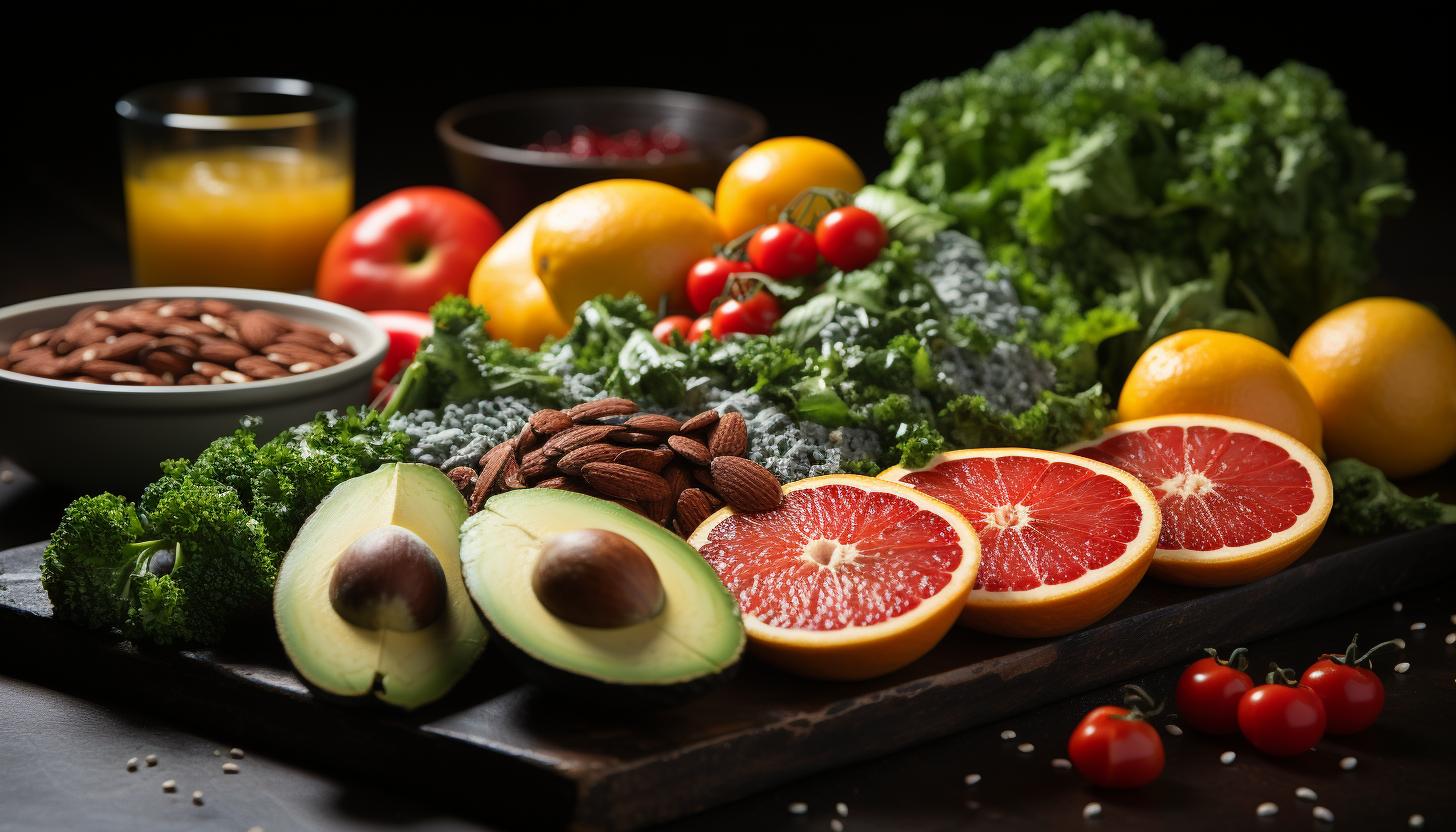
When it comes to maintaining energy and endurance, incorporating sufficient amounts of B vitamins into your diet is crucial. B vitamins, including B1 (thiamin), B2 (riboflavin), B3 (niacin), B5 (pantothenic acid), B6 (pyridoxine), B7 (biotin), B9 (folate or folic acid), and B12 (cobalamin) play a vital role in the production of energy from the food you eat.
B vitamins are important for runners because they help convert carbohydrates into usable fuel for your muscles. They also aid in the synthesis of red blood cells, which transport oxygen to your muscles during exercise. This is particularly important for endurance athletes who require sustained energy over long periods.
In addition to providing energy, certain B vitamins have specific benefits for runners. For example, niacin helps regulate cholesterol levels and supports heart health. Pantothenic acid plays a role in hormone production and may promote faster recovery after intense workouts.
Furthermore, adequate intake of these vitamins is essential for maintaining proper hydration levels and supporting muscle recovery. Thiamin helps regulate electrolyte balance, while riboflavin assists in breaking down protein for muscle repair and growth.
To ensure you’re getting enough B vitamins in your diet, include foods like whole grains, lean meats, dairy products, legumes, leafy greens, nuts, and seeds in your meals. If needed, consider taking a multivitamin supplement that provides the recommended daily amounts of all essential nutrients.
As you can see, incorporating sufficient amounts of B vitamins into your diet is crucial for maintaining energy levels and promoting optimal performance as a runner. However, there’s another vital nutrient that plays a significant role in running performance – iron: a vital mineral for runners’ performance.
Iron: A Vital Mineral for Runners’ Performance
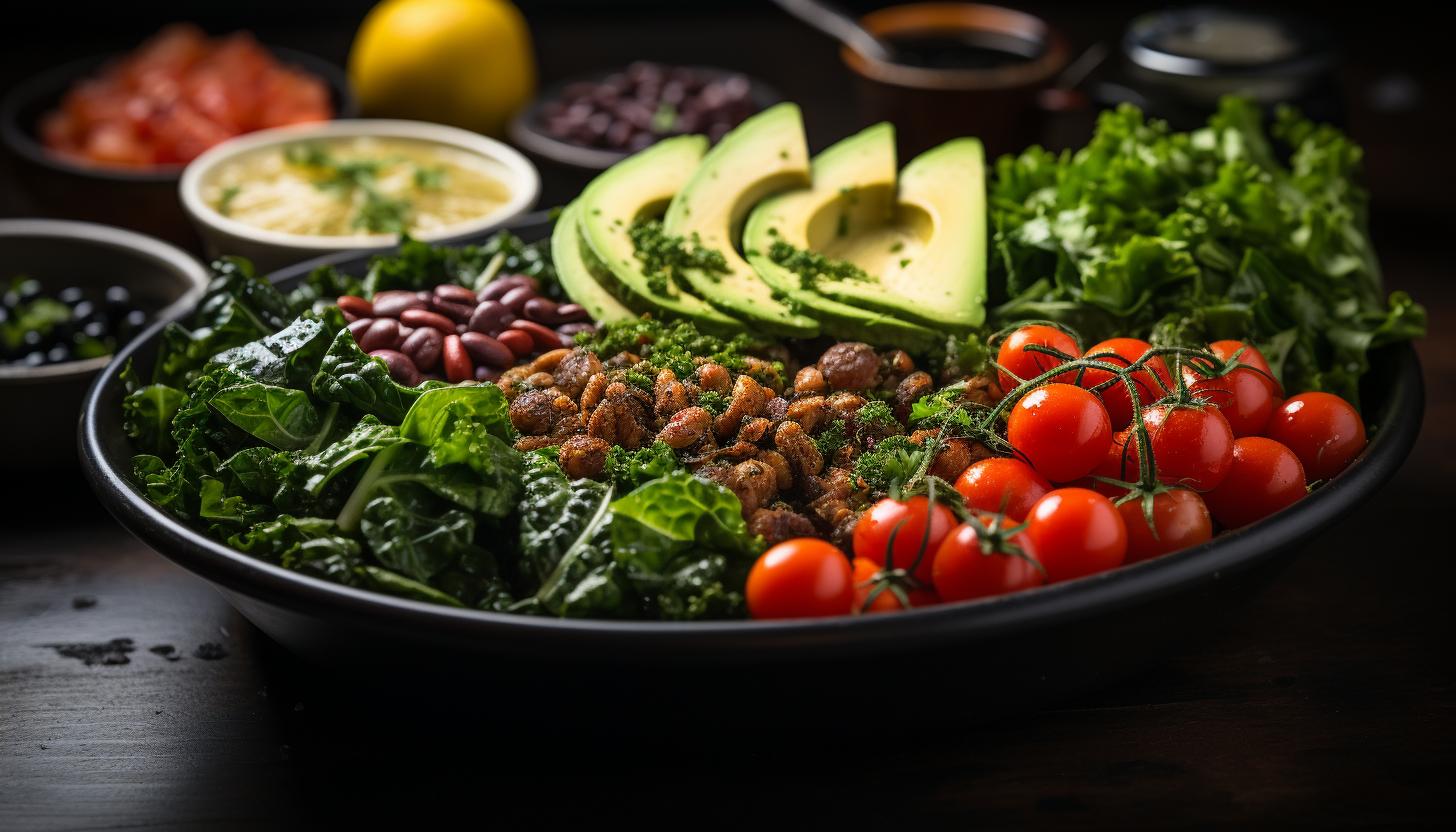
If you want to optimize your performance as a runner, incorporating enough iron into your diet is crucial. Iron plays a vital role in the formation of hemoglobin, a protein in red blood cells that carries oxygen from the lungs to the muscles. Without sufficient iron, runners may experience decreased endurance and fatigue due to reduced oxygen delivery.
To ensure you’re getting enough iron, consider adding these iron-rich foods to your diet:
– Lean meats: Beef, chicken, and turkey are excellent sources of heme iron, which is more easily absorbed by the body compared to non-heme iron.
– Dark leafy greens: Spinach, kale, and Swiss chard provide non-heme iron along with other important nutrients like vitamins A and C.
– Legumes: Beans, lentils, and chickpeas are not only rich in iron but also high in fiber and protein.
It’s important to note that runners are at risk for iron deficiency due to increased demands on their bodies. If you experience symptoms such as fatigue, weakness, or frequent infections, it’s essential to consult with a healthcare professional who can assess your iron levels and recommend appropriate supplementation if needed.
Incorporating these iron-rich foods into your diet can help ensure optimal performance as a runner. Remember to pair them with vitamin C-rich foods like citrus fruits or bell peppers for better absorption of non-heme iron.
Conclusion
In conclusion, as a runner, you shouldn’t underestimate the power of essential vitamins and minerals in enhancing your performance.
Just like how the sun nourishes flowers, vitamin D can be the sunshine that fuels your runs.
Think of B vitamins as the sparks that ignite your energy and endurance.
And iron? Well, it’s the ironclad warrior that ensures your body keeps up with the demands of running.
So don’t neglect these vital nutrients; they are the secret ingredients to unlocking your full running potential.
Start fueling yourself properly and watch yourself soar!




